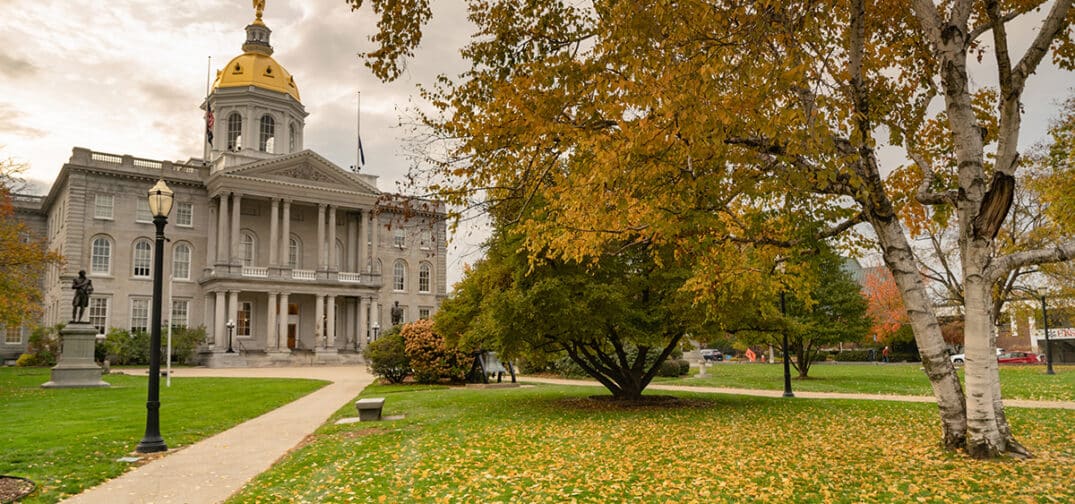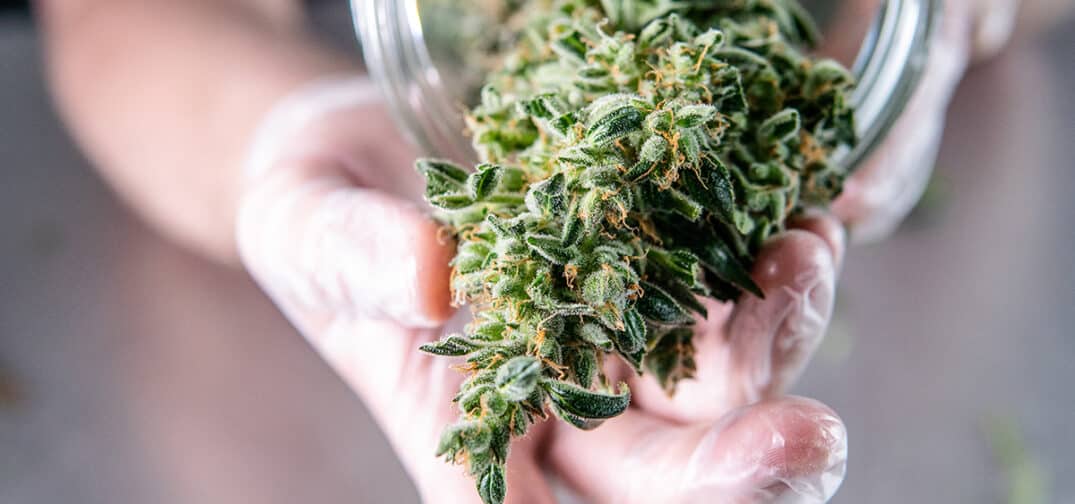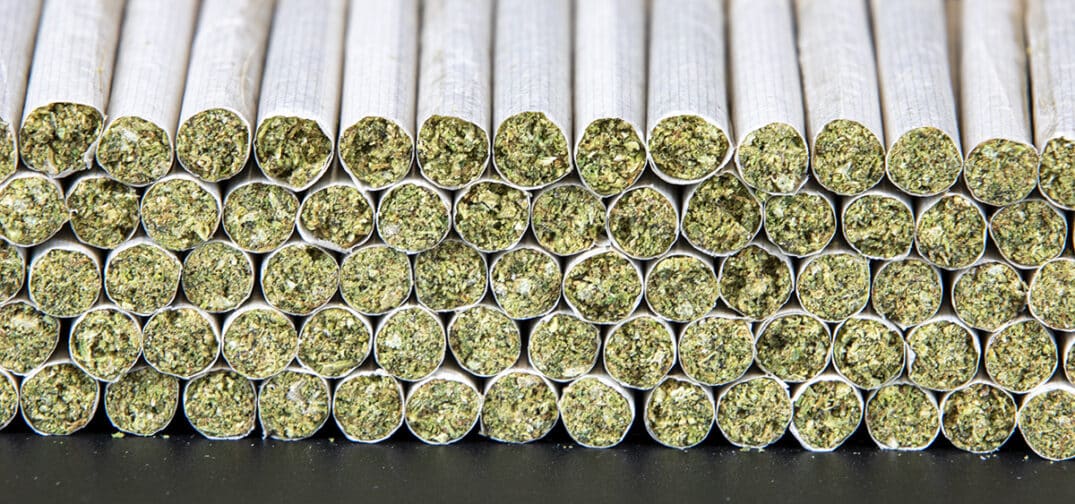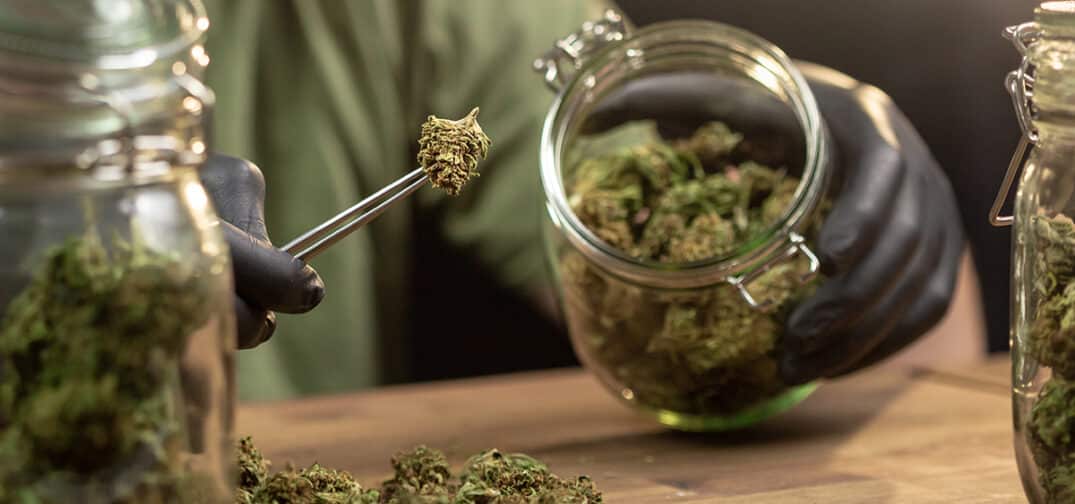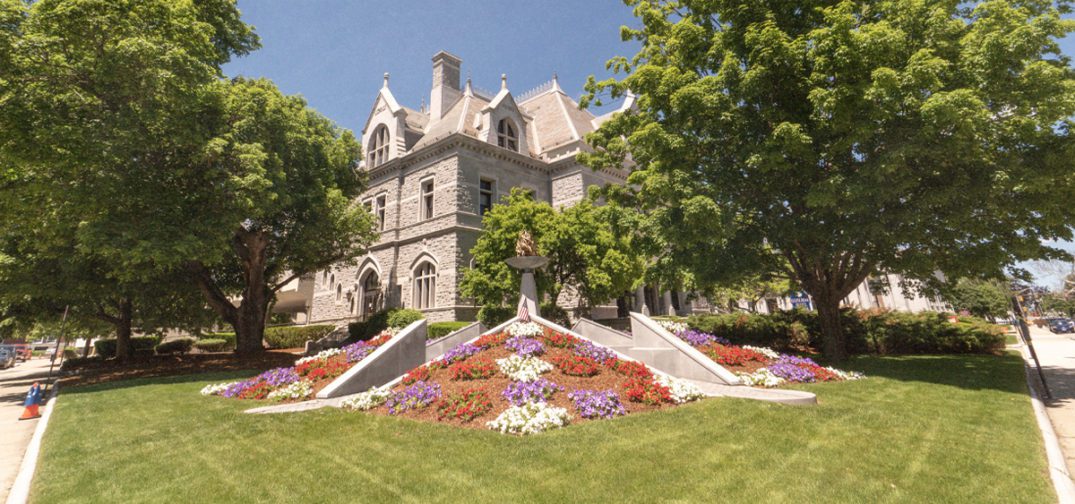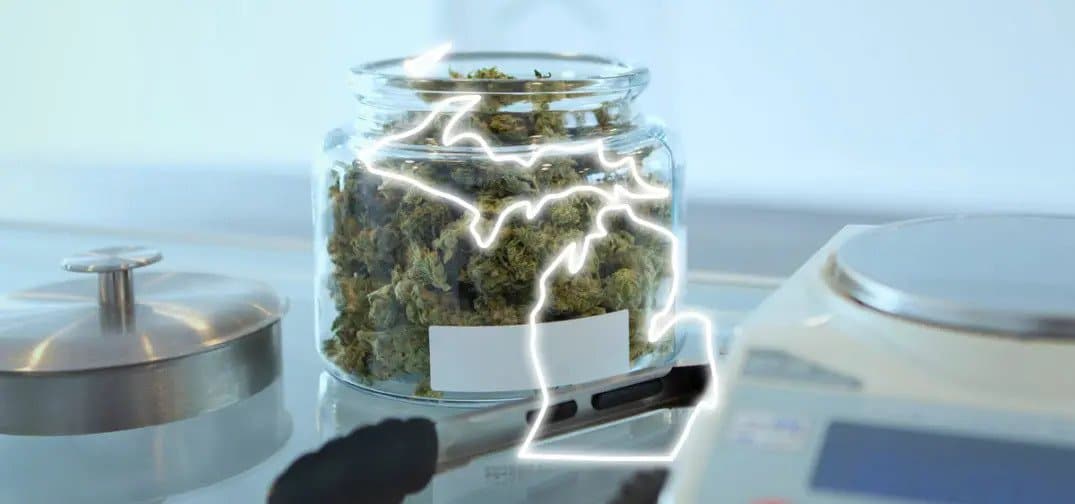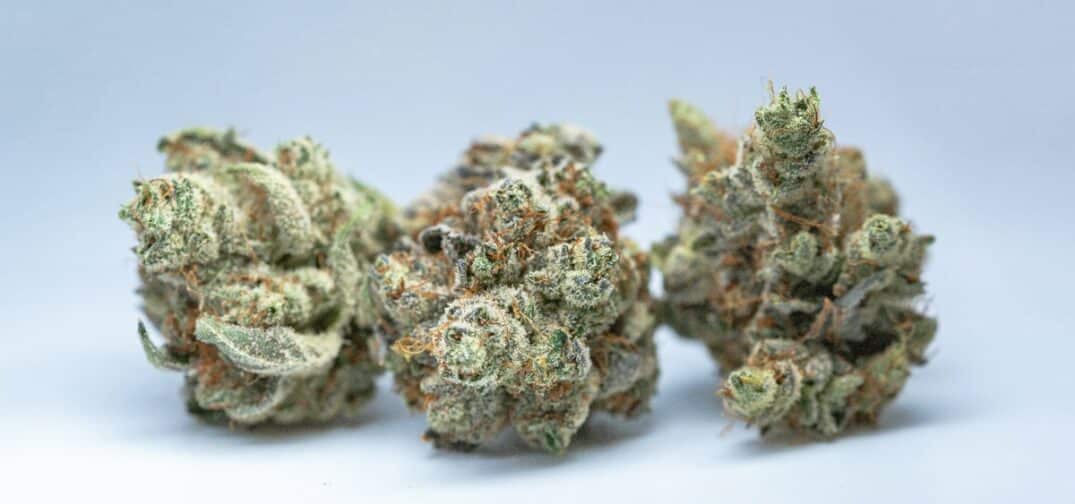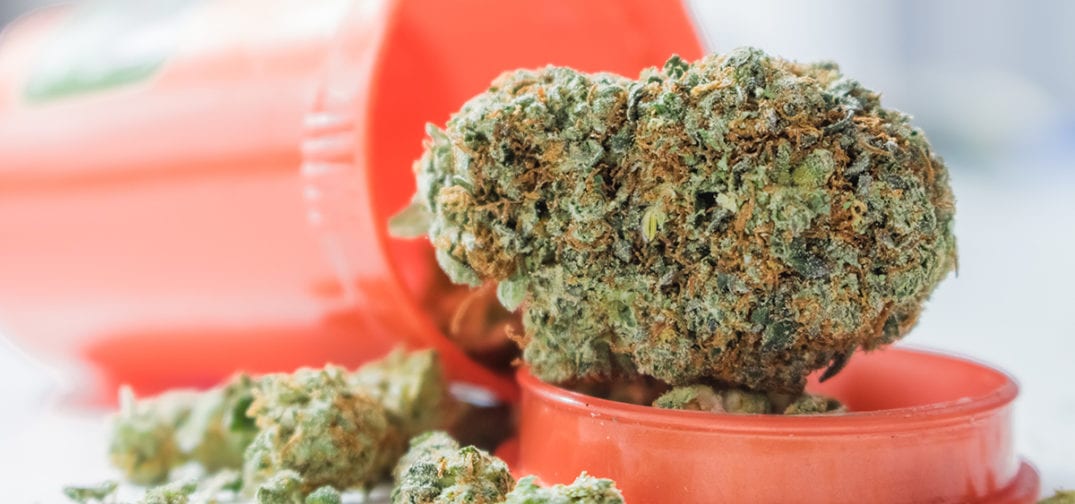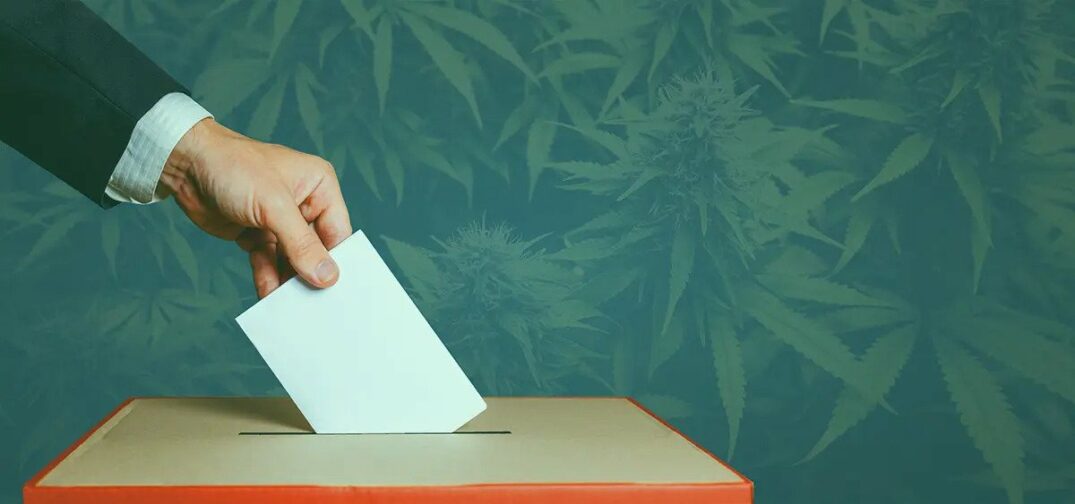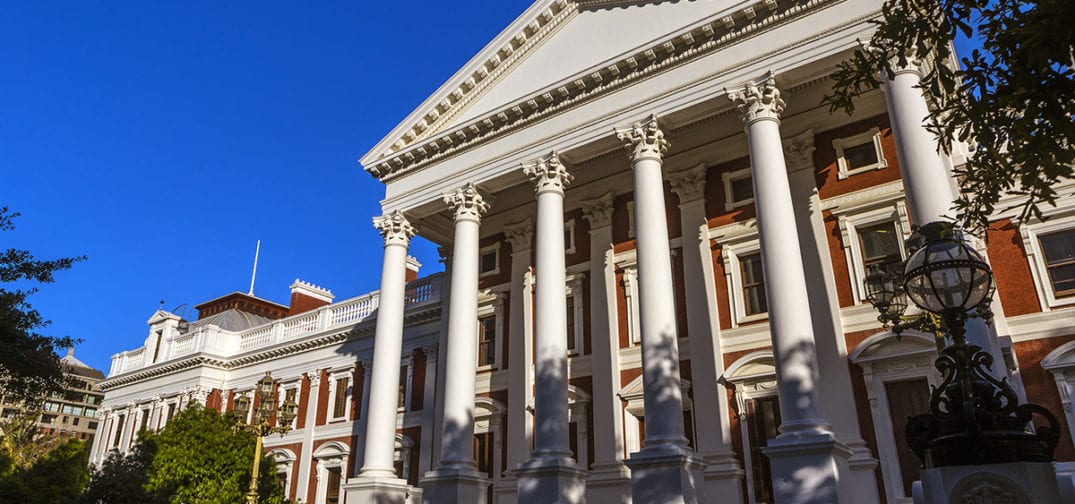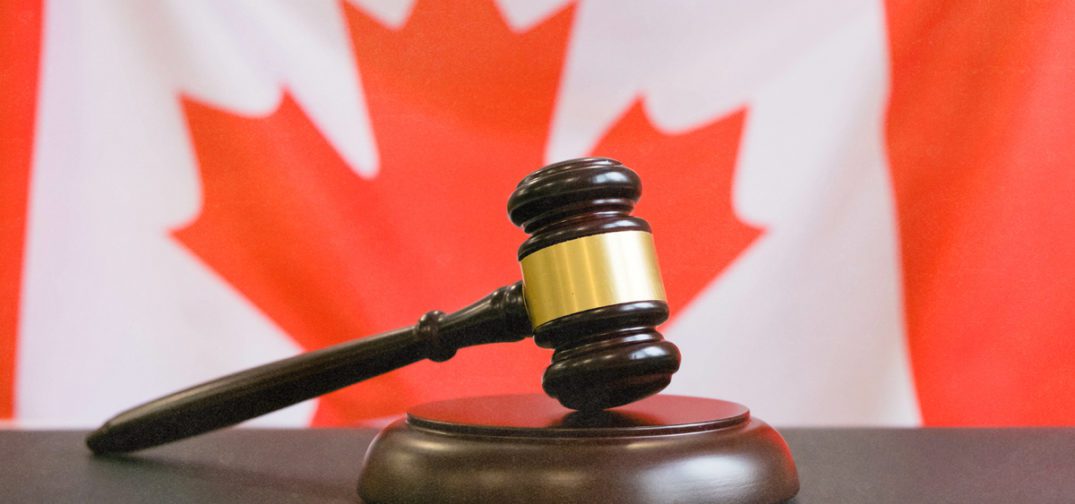The pre-roll industry has exploded in recent years, becoming one of the most lucrative avenues for cannabis operators to take, even in declining markets.
Moving cannabis to Schedule III will only increase the opportunities in this category. Pre-roll manufacturers can expect new money, new consumers, and new products. Leveraging these new opportunities will determine who flourishes after Schedule III and who gets burned by the competition.
New Money
When cannabis is rescheduled to Schedule III, the 280E tax code currently burdening all plant-touching cannabis businesses will be removed from the industry, creating new opportunities by way of tax savings.
Pre-roll brands should expect competition to heat up. With the lift of 280E, new operators may feel more inclined to enter the cannabis market, and existing brands will have more revenue to back marketing efforts and new product lines.
Existing pre-roll brands should consider using these tax savings to upgrade their current pre-roll products, like choosing high-quality flower over leftover shake and trim, updating branding/packaging to better catch a shopper’s eye, and rolling the joint versus stuffing a cone to produce a better drag.
The removal of 280E also makes purchasing new equipment more feasible as operators will now be able to depreciate their equipment for tax purposes. Upgrading to an automatic pre-roll rolling machine and ditching the cone-stuffer will be within reach for brands looking to improve their products.

New Consumers
Markets could also potentially see a surge in revenue from new customers who may be willing to try cannabis once its federal status is updated. Using the savings from the removal of 280E to increase marketing budgets and focus on this potential new audience could lead to a boost in sales. Even if the bump in cannabis consumers is minimal, increasing marketing budgets to prioritize building a loyal following will be the key to success after the rescheduling spikes competition.
Although the reschedule doesn’t open interstate commerce, it puts the industry one step closer to it. Once those doors open, competition will no longer be siloed by state. Consumers will be free to explore products from around the country.
Establishing your loyal audience now will be crucial to staying alive once interstate trade becomes legal. It may be years down the road, but the reschedule demonstrates the federal government’s willingness to participate in the cannabis industry, so it could happen sooner than we think. Start nurturing your audience now.
New Products
New money and new customers will innately lead to new products on the market, but there’s another reason Schedule III could open the door to new products—new research.
As it stands, getting approval to do any type of cannabis research is incredibly difficult. Moving cannabis to Schedule III will make it easier for scientists to explore the plant and learn more about how it interacts with the body. This new research could eventually inform new products, especially if there’s fresh data on how specific strains work and impact humans.
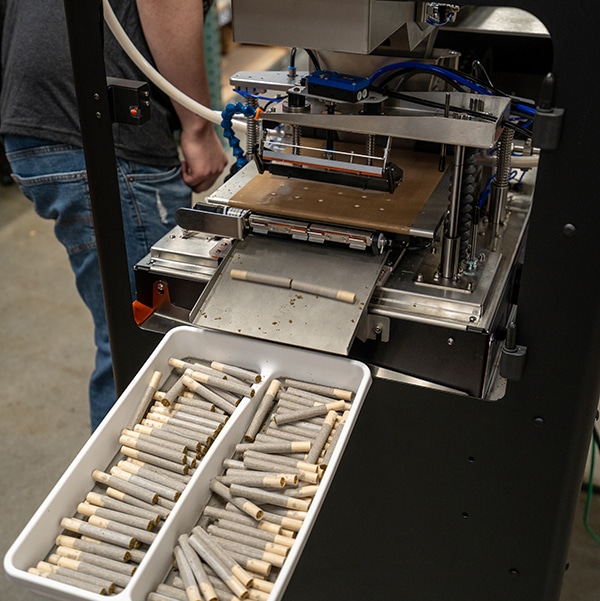
Consistency Will Reign Supreme
Above all, the move to Schedule III will reinforce what we already know—a consistent product is key to a successful brand. On the medical side, the FDA will now be involved in operations, and their demand for consistency may be even greater than your customers’. For both med and rec markets, manufacturers can anticipate new products and brands on the scene, increasing the need to create a consistent pre-roll experience in order to build and maintain a loyal customer base.
Using a cone-stuffing machine to create pre-rolls could leave your brand in the lurch once the plant is rescheduled. While those machines may create a consistent experience, having a pre-roll that consistently canoes and/or consistently burns hot is not the consistency customers are looking for.
Customers want a consistent pre-roll experience that burns evenly, pulls easily, and provides the same effects each time. To achieve this, manufacturers should consider rolling their joints with the BlackBird. This machine rolls pre-rolls; it doesn’t stuff cones. The joint it produces does not canoe or require a hard pull because the flower isn’t compacted on one end. Plus, the machine requires moist, fluffy flower, as opposed to the dry flower cone-stuffing machines need, so it can deliver a more intentional high while using less product.
Prepare for Schedule III
As with anything in government, moving cannabis from Schedule I to Schedule III will take time. However, there is precedent for a fast turnaround, so it could come sooner than we think. Either way, the time to prepare is now.
If you’re ready to upgrade your pre-roll so you’re prepared for the new customers and competition headed your way, get in touch with RollPros. We’ll walk you through the BlackBird’s rolling process so you can enter this next phase of the cannabis industry ahead of the pack.


